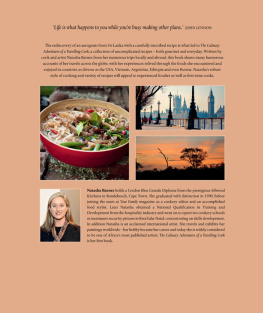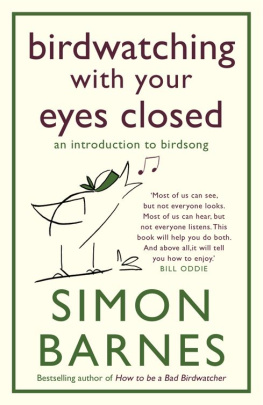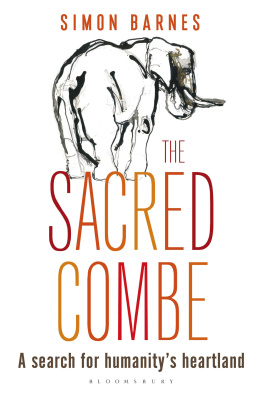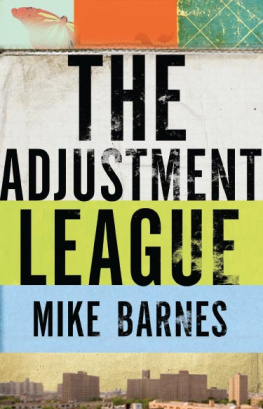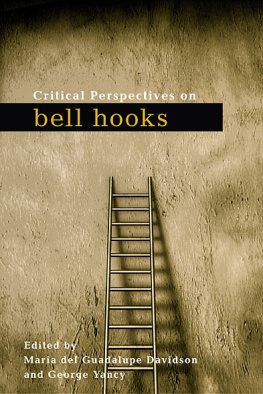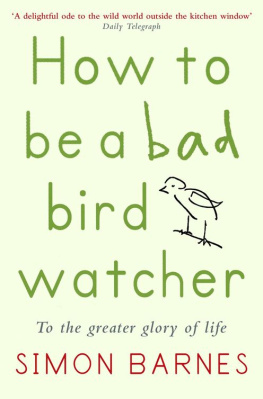Barnes - Critical perspectives on user involvement
Here you can read online Barnes - Critical perspectives on user involvement full text of the book (entire story) in english for free. Download pdf and epub, get meaning, cover and reviews about this ebook. year: 2012, publisher: Bristol University Press, genre: Politics. Description of the work, (preface) as well as reviews are available. Best literature library LitArk.com created for fans of good reading and offers a wide selection of genres:
Romance novel
Science fiction
Adventure
Detective
Science
History
Home and family
Prose
Art
Politics
Computer
Non-fiction
Religion
Business
Children
Humor
Choose a favorite category and find really read worthwhile books. Enjoy immersion in the world of imagination, feel the emotions of the characters or learn something new for yourself, make an fascinating discovery.

Critical perspectives on user involvement: summary, description and annotation
We offer to read an annotation, description, summary or preface (depends on what the author of the book "Critical perspectives on user involvement" wrote himself). If you haven't found the necessary information about the book — write in the comments, we will try to find it.
Barnes: author's other books
Who wrote Critical perspectives on user involvement? Find out the surname, the name of the author of the book and a list of all author's works by series.
Critical perspectives on user involvement — read online for free the complete book (whole text) full work
Below is the text of the book, divided by pages. System saving the place of the last page read, allows you to conveniently read the book "Critical perspectives on user involvement" online for free, without having to search again every time where you left off. Put a bookmark, and you can go to the page where you finished reading at any time.
Font size:
Interval:
Bookmark:

University of Bristol
Fourth Floor
Beacon House
Queens Road
Bristol BS8 1QU
UK
f: +44 (0)117 331 4093
www.policypress.co.uk
The Policy Press
c/o The University of Chicago Press
1427 East 60th Street
Chicago, IL 60637, USA
t: +1 773 702 7700
f: +1 773 702 9756
www.press.uchicago.edu
A catalogue record for this book is available from the British Library.
A catalog record for this book has been requested.
gender, race, disability, age and sexuality.
Front cover: image kindly supplied by istock.com
Printed and bound in Great Britain by Hobbs, Southampton.
The Policy Press uses environmentally responsible print partners.
Introduction: From margin to mainstream
Marian Barnes and Phil Cotterell
Marian Barnes and Phil Cotterell
Survivors History Group
Marian Barnes and Colin Gell
Peter Beresford and Fran Branfield
Graham P. Martin
Phil Cotterell and Carolyn Morris
Marian Barnes and Phil Cotterell
Michelle Farr
Clare Evans and Ray Jones
Joe Duffy and Brendan McKeever
Stephanie McKinley and Sarah Yiannoullou
Sophie Staniszewska, Carole Mockford, Andy Gibson, Sandy Herron-Marx and Rebecca Putz
Marian Barnes and Phil Cotterell
Geraldine Brady, Geraldine Brown and Corinne Wilson
Louca-Mai Brady, with young researchers Ellie Davis, Amrita Ghosh, Bhavika Surti and Laura Wilson
Robert Kirkwood
Lizzie Ward and Beatrice Gahagan
Kati Turner and Steve Gillard
Patsy Staddon
Rachel Purtell, Wendy Rickard and Katrina Wyatt
Rosemary Barber, Jonathan Boote, Glenys Parry, Cindy Cooper and Philippa Yeeles
Marian Barnes and Phil Cotterell
Font size:
Interval:
Bookmark:
Similar books «Critical perspectives on user involvement»
Look at similar books to Critical perspectives on user involvement. We have selected literature similar in name and meaning in the hope of providing readers with more options to find new, interesting, not yet read works.
Discussion, reviews of the book Critical perspectives on user involvement and just readers' own opinions. Leave your comments, write what you think about the work, its meaning or the main characters. Specify what exactly you liked and what you didn't like, and why you think so.


